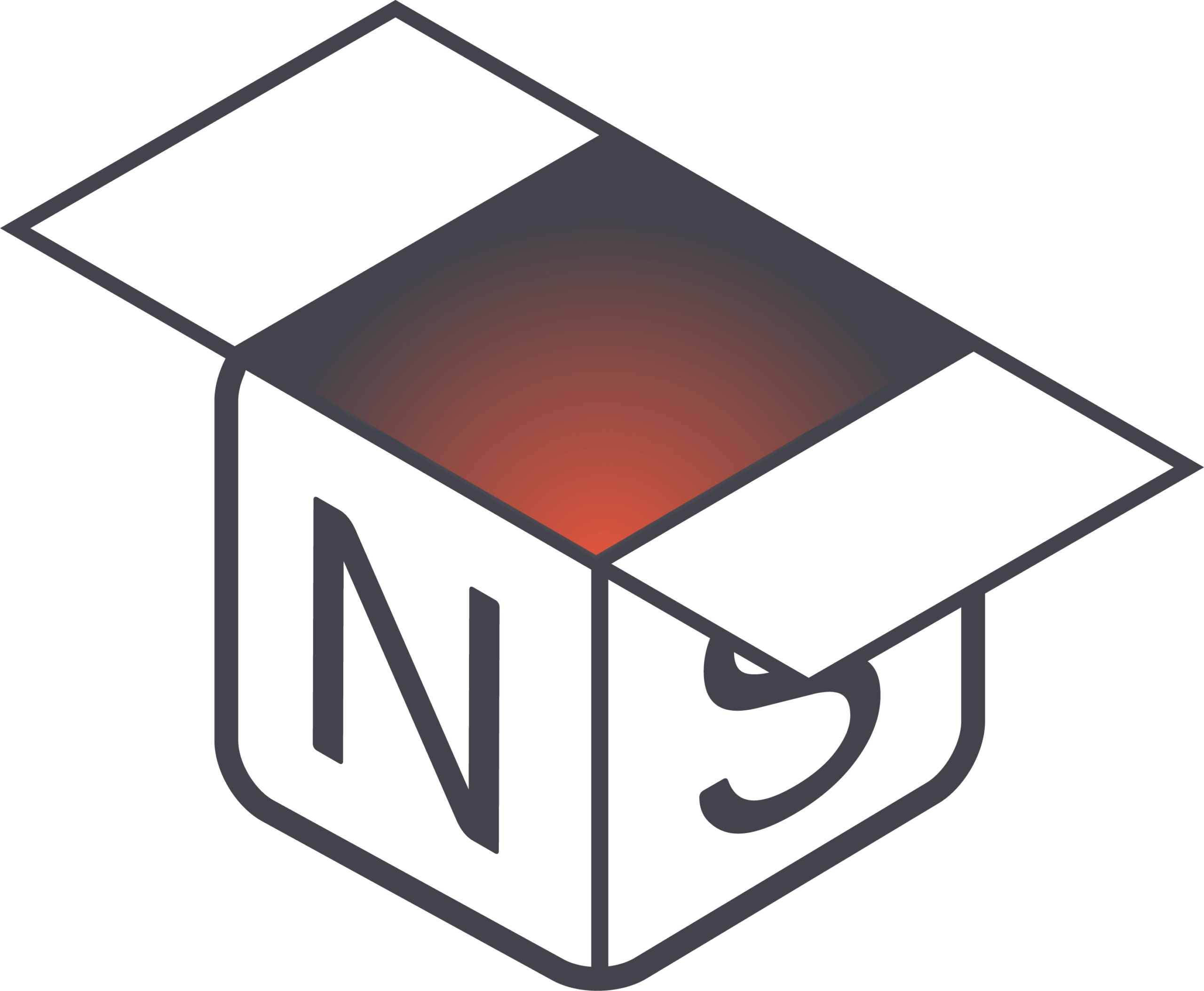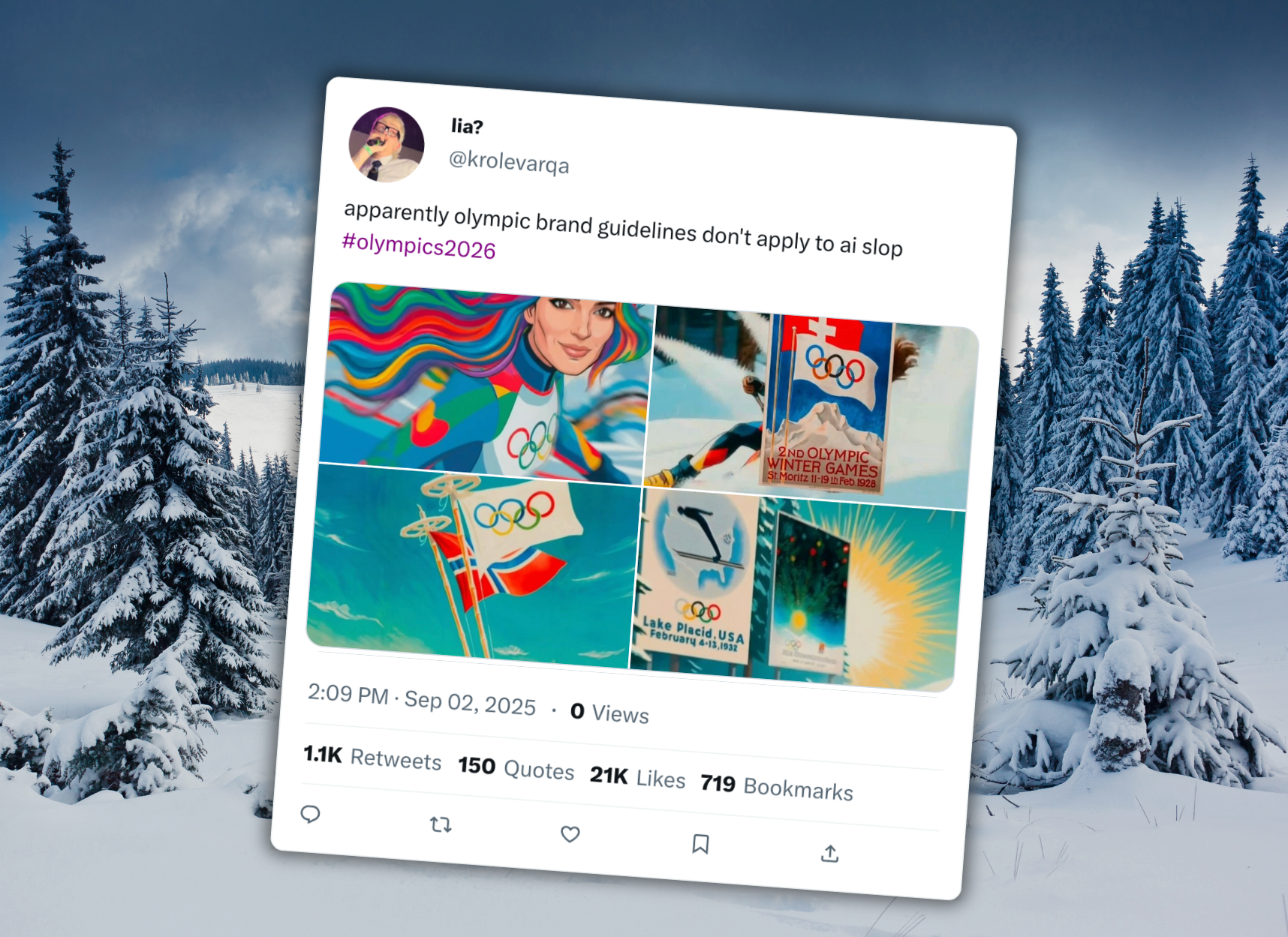"You need to learn early on that the product of your writing time is yourself. You are the artwork. The time you spend writing will change you. It will make you better at expressing your ideas. You will also grow as a person. You will become more empathetic. The product of your writing time is you. You are the piece of art."
~Brandon Sanderson.
The discussions about generative AI and its injection into preexisting processes has produced claims that need debunking.
Claims like:
“AI can handle ideation. You just need to refine its suggestions.”
And,
“Let AI find journalists, then you can focus on building relationships with them.”
Or, the most egregious, and today’s topic:
“You should let AI write your press releases so you can be more creative.”
When did writing, even writing press releases, stop being a creative act?
Writing is enormously beneficial. It helps with discipline, articulation, ideation, thoroughness, lucidity, vulnerability, rigour, and memory. Which, as well as creativity, are all crucial soft skills.
Most importantly, particularly for newer additions to the workforce, the ability to turn concepts, ideas and data into a cogent write-up is a foundational skill on which all the ‘other creative stuff’ is built.
Because writing, just like reading, is thinking. Dismissing the process is like saying: Why spend ten hours reading a book when you can get the same result by asking ChatGPT to summarise the plot?
Because, to stay on reading for a second, the time spent with the book is important. You’re giving the text the opportunity to send you on tangents. Read a business book for a few hours, and you might apply the case studies to multiple real-life situations you can remember. In the days in-between chapters, problems can come up at work that make you reassess what you’re reading in retrospect. You’ll see details in the trees that make you appreciate the experience of walking through the forest.

And writing, even a task as routine as writing a press release, is the same.
Because in order to effectively communicate the findings of a data-led campaign to a journalist, you have to first understand the research it’s based on. Sit in a topic for two hours, and you can give a better breakdown by the end. In the short term, that means you will find new angles, articulate the numbers easier, and anticipate journalist questions and blind spots ahead of time. In the longer term, your future ideas will be stronger, because you’re no longer starting from zero.
Through the process of writing, you gain practical skills too. You learn how to choose the right word. How to change it for a better one. You develop an ear by reading and tweaking and editing and rereading and re-tweaking and re-editing. All skills that make you smarter as you build on them, that compound and translate into other areas of both work and life.
Generative AI might produce a ‘technically perfect’ press release, and might even save you marginal time, but the losses are still accruing, they just don’t show up on a time sheet.
Because at some point, everyone will be using the same tools, reading from the same prompt playbook, producing the same bland ideas. Journalists and PRs passing an AI-generated baton back and forth, writing thousands of articles nobody is reading. By the,n you’ll need something to break up that monotony and stand out. But nobody around you will know how. Your team’s critical skills would have atrophied to nothing. And all the prompts in the world won’t get you there.
And in a grander sense, exporting every part of it dissolves the stakes.
Why would you care if it doesn’t land? It wasn’t your work anyway. You copied it over the shoulder of someone, something, else. And where’s the pride if it succeeds? Wouldn’t that sense of achievement feel hollow? If the tool gets the plaudits, all you’re doing then is letting that something else eat your dessert for you too.
We’ve talked about why NeoMam isn’t committing to generative AI on a larger scale before. Our mission is to create content people want to share. And that people-first mentality extends internally too.
We want our team members to come through the agency and be more intelligent, more curious, and more interesting individuals by the time that they leave.
If they spend their time with us pressing a beige button to generate a beige press release and placing it as a beige article on a beige publication? Then they’re worse off, we’re worse off, and our clients are worse off. That’s not the present we want for any of our team, and it isn’t the future we want for the industry.








